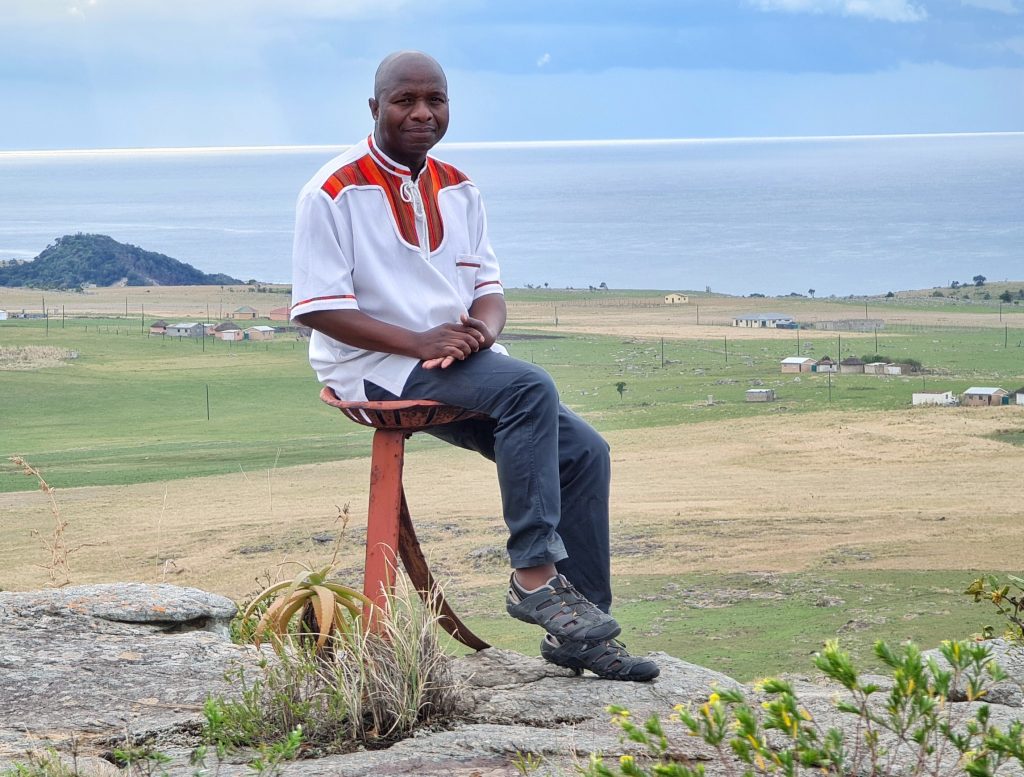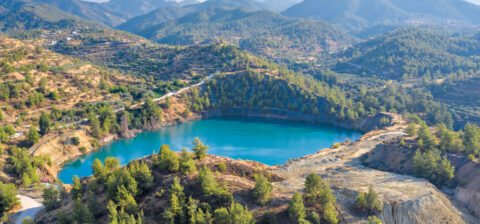World Food Day
People Need The Ocean To Thrive
The oceans cover 72 per cent of our planet, regulating our climatic systems and supplying about 50 per cent of the oxygen on our planet. Therefore, ecosystem goods and services supplied by the ocean are not limited to coastal communities, but all life on the planet. People need nature to thrive, but nature does not need people to thrive.
Taking care of all creation is everybody’s responsibility, and we need to up education and awareness around this. Awareness alone may not lead to actions to protect and conserve oceans, however, only when we are all aware and educated about these linkages, will we then take serious action to protect the oceans and thus sustain other life forms on the planet.
The importance of marine protected areas
Establishing marine protected areas (MPA) helps us to maintain biological diversity.
MPAs that are effectively implemented and enforced, support biodiversity conservation, boost fisheries yield for local communities, support climate change adaptation, and much more. They are essential for safeguarding the resources and ecosystem services provided by the ocean and long-term sustainable development. Coastal communities that rely on oceans for their livelihood stand to benefit more where planning and management of the MPA has considered their needs.
About 17–50 per cent of protein in our food comes from the oceans, and billions of people depend on the ocean as a source of food and income. MPAs, therefore, remain the best tool for protecting the ocean, and helping it maintain its resilience against the effects of human interference and climate change.
Stewardship and other measures
If the MPA journey is to be implemented successfully it must be done jointly with the local communities whose lives are dependent on the ocean. Involvement must include all phases: preliminary engagements, legislation, planning, implementation, monitoring and evaluation. Failure to include the local communities may collapse the intentions no matter how good they are.
Indigenous knowledge of the local people must be thoroughly investigated and understood to find a way to use it as a basis or foundation for conservation. Local people must take responsibility for patrolling and enforcing compliance with help from officials. Capacity building, education and awareness for local communities must be given. Local communities need not be seen as enemies of the MPA, but rather as stewards who will ensure its successful implementation.
Climate scientists have analysed evidence on nine components of our climate system – referred to as “tipping points” because they are under growing threat of abrupt and irreversible changes. The majority of these are on the oceans or ocean edges. So protection of the oceans needs to be a priority. Governments must revisit the plan to mine oean floors for oil and gas – exploration for oil and gas remains the biggest threat to MPAs and our oceans in general. For as long as we allow greed to be stronger than the desire to protect nature, the collapse of our ecosystems and resultant suffering will be inevitable.
As a country and global community, we must start looking at nonharvesting forms of economic activities for coastal communities. For example, the development of nonconsumptive economic activities such as boat tours, diving into coral reefs and aquaculture. Threats of trawlers that come to our shores and enter MPAs during the night pose the biggest threat to our MPAs. People with engine-propelled boats who travel long distances to come fish, unmonitored, in MPAs cause more harm than local people with less sophisticated fishing gear who fish from the rocks along the shoreline.





